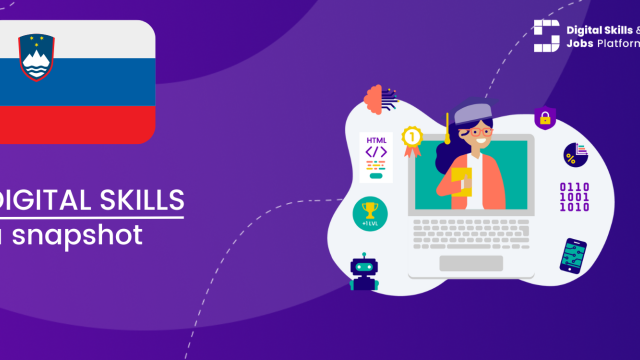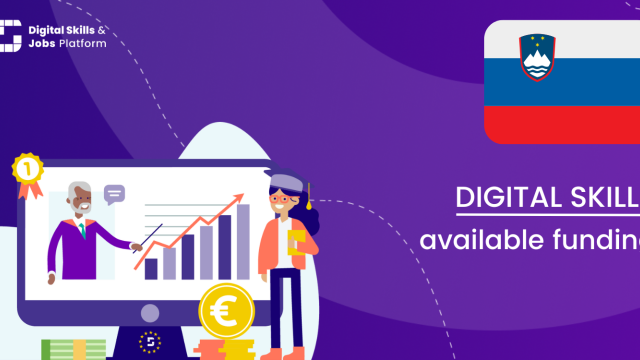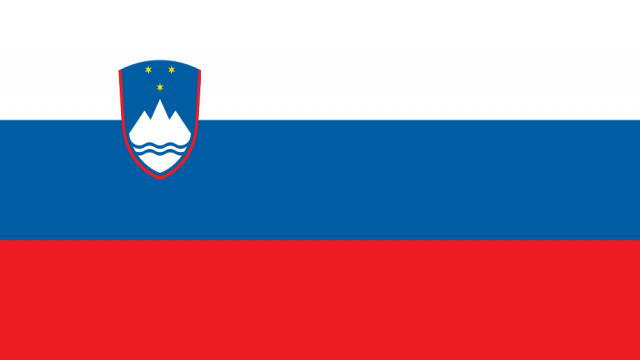Slovenia
Slovenia has achieved 46.7% basic digital skills coverage, compared to the EU average of 55.56%. According to the Digital Decade report 2025, the percentage of ICT specialists in employment has increased from 3.8% in 2024 to 4.3% in 2025 compared to the recent EU average of 5%. The share of female specialists in 2024 was 19.2%. Slovenia can rely on a well-developed digital infrastructure but lags in digital skills. The country is very active in several cutting-edge technology projects, particularly in quantum, semiconductors, cloud and AI.
Slovenia has a National coalition for digital skills and jobs led by Chamber of Commerce and Industry of Slovenia (CCIS).
The Government of the Republic of Slovenia adopted in 2023 'Digital Slovenia 2030', which provides strategic planning to promote Slovenia's digital transformation during the development period up to 2030.
To drive further digitalisation, Slovenia had developed other several strategies and initiatives. These include the Strategy of Digital Transformation of the Economy, the Digital Inclusion Promotion Act, and the National Programme for the Promotion of Development and Use of Artificial Intelligence (PURITY). Slovenia's Ministry of Digital Transformation monitors and implements national measures to foster digital transformation across various sectors.
Moreover, Slovenia encourages women in engineering and supports digital education through projects like the Female Engineer of the Year award and the enhancement of e-content and e-services for educational institutions.
Slovenia ranks 22nd out of the 27 EU Member States in the DESI dashboard for the Digital Decade for the 'At least basic digital skills' indicator, with 46.7% of its population possessing at least basic digital skills.







